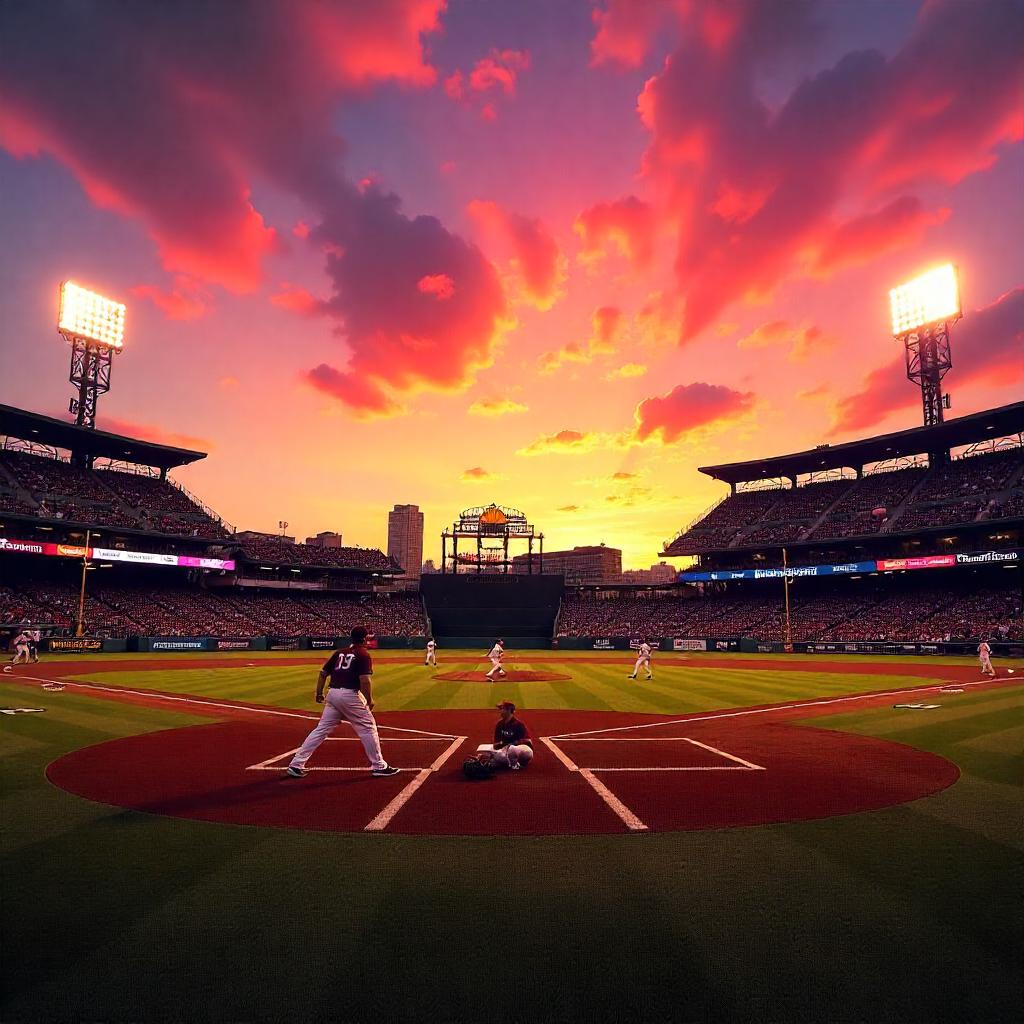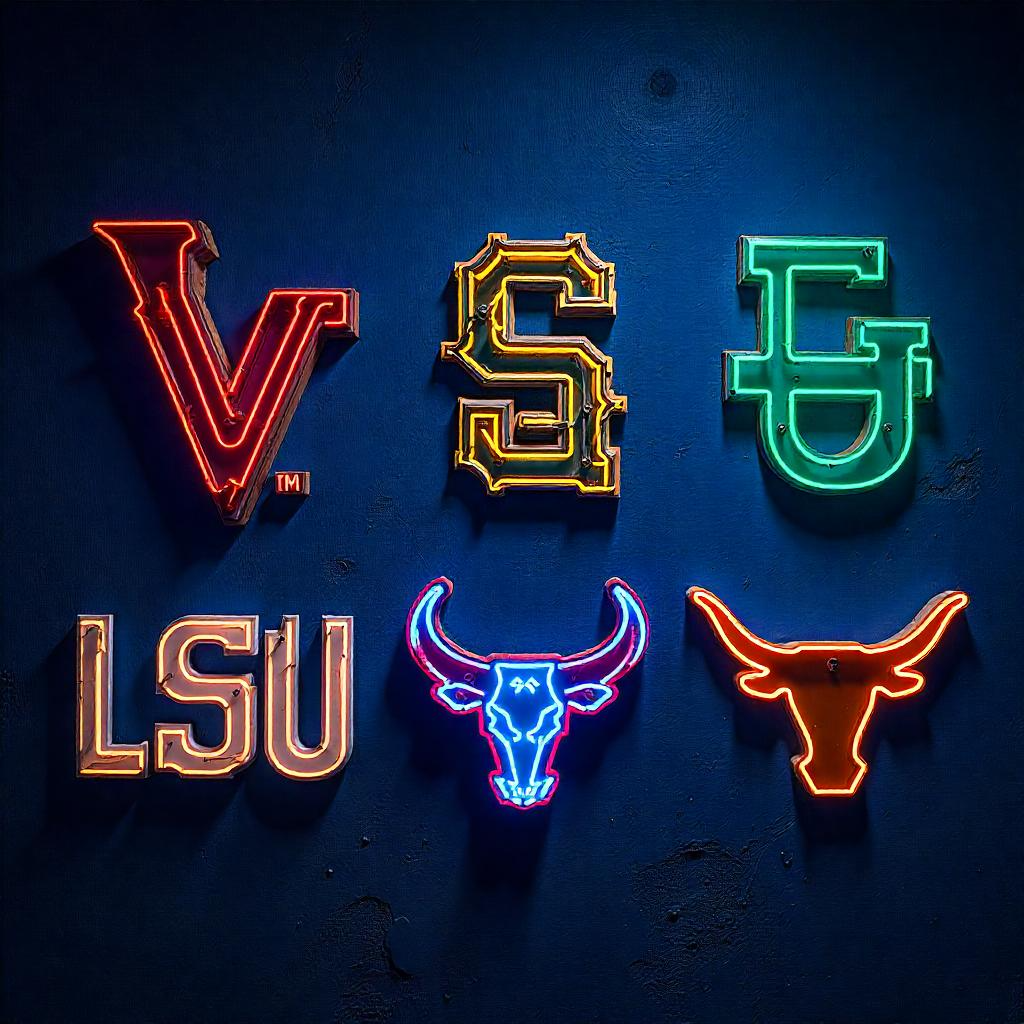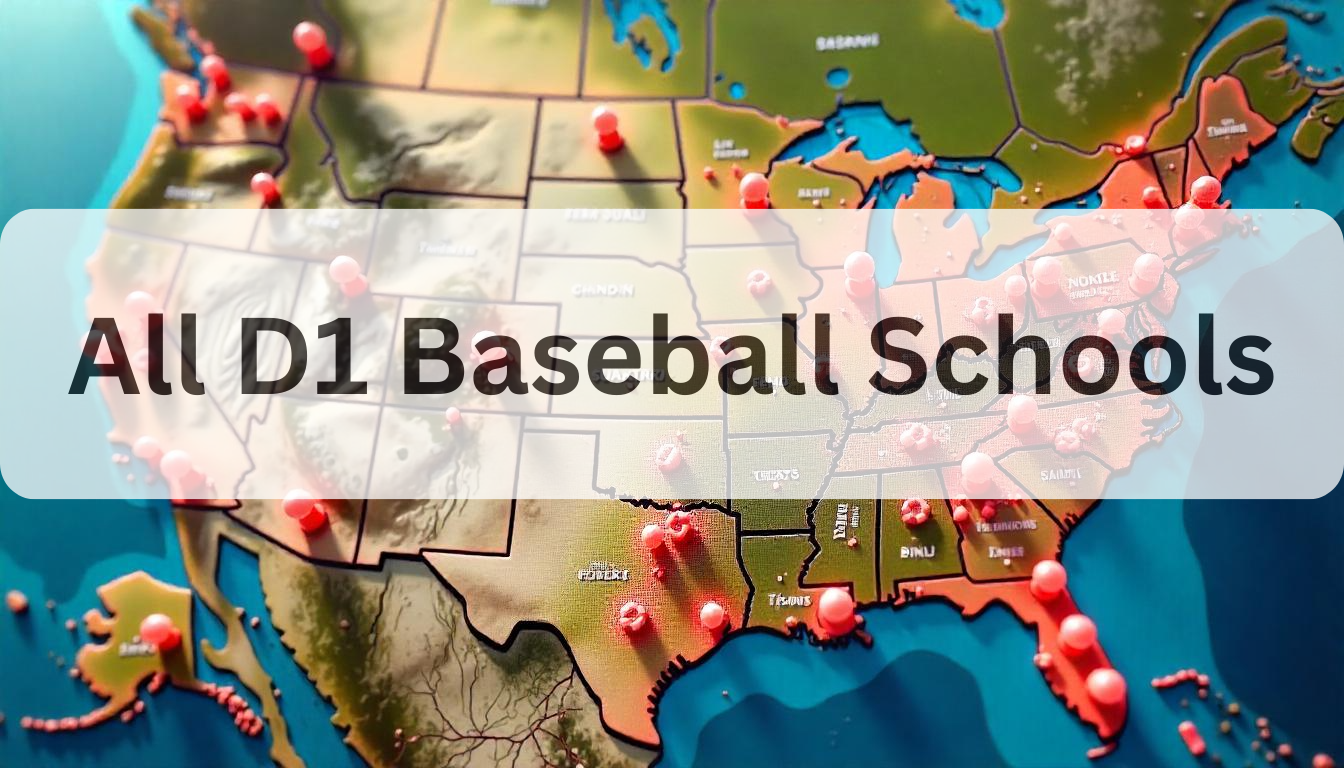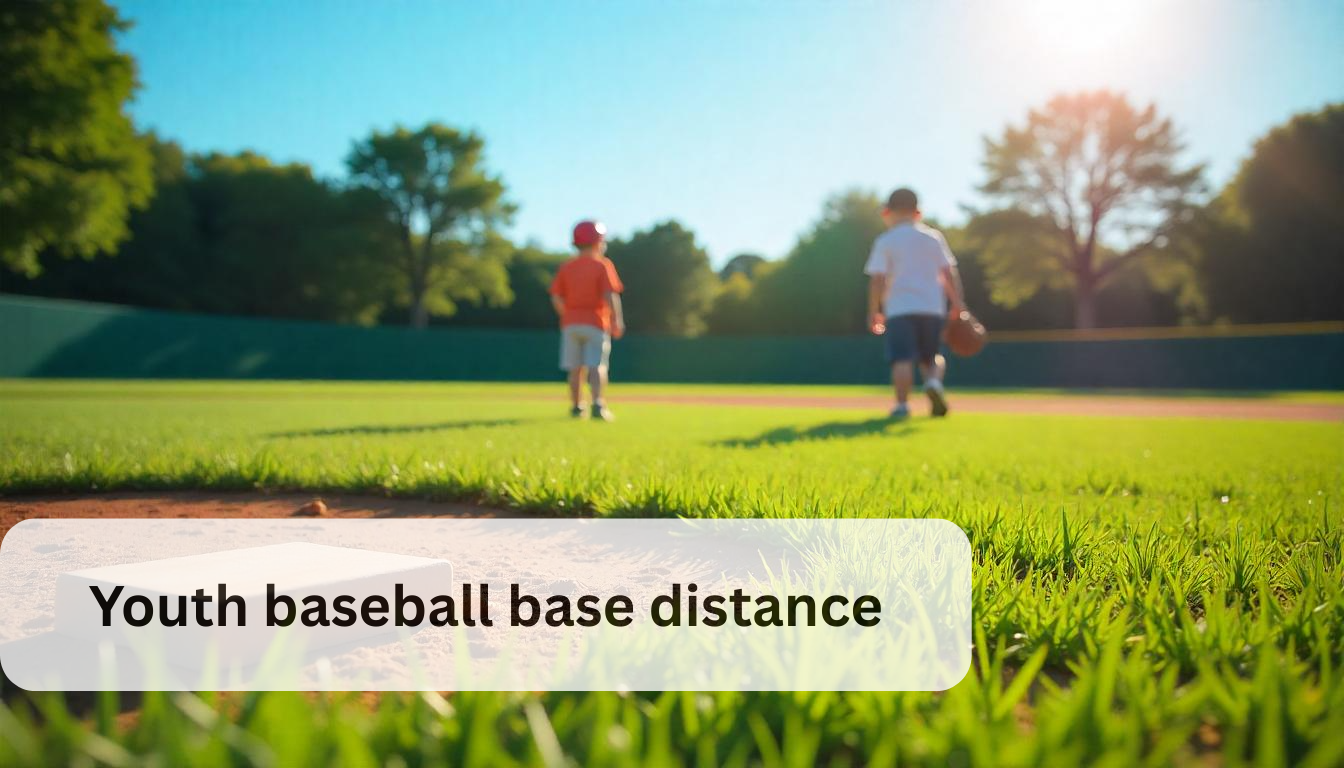If you’re an aspiring baseball player aiming to take your game to the next level, chances are you’re considering the prestigious world of Division 1 (D1) baseball schools. The D1 level represents the pinnacle of college baseball in the United States, with the most competitive programs, top-tier coaches, and unrivaled opportunities to showcase your talent. Whether you’re based in Dhaka, Bangladesh, or any part of the world, knowing where all D1 baseball schools are located, and understanding their impact, can be a game-changer for your career.
In this article, we’ll explore everything you need to know about all D1 baseball schools, from the top programs across the United States to smaller, underrated gems. We’ll also dive into key factors like rankings, maps, and what sets these schools apart. By the end, you’ll have a clear understanding of which D1 baseball schools are right for you—and how to make the most of your college baseball journey.
What Makes All D1 Baseball Schools So Special?
First things first, all D1 baseball schools represent the highest level of college baseball, governed by the NCAA. With over 300 schools across the U.S. competing at this level, the competition is fierce, and the opportunities are vast. These schools offer the best coaching, facilities, scholarships, and exposure to professional scouts.
Why should you consider D1 baseball schools?
High-Level Competition: D1 schools compete in national tournaments like the College World Series, where only the best teams make it.
Top-Notch Facilities: These schools invest in state-of-the-art training facilities, fields, and equipment.
Scholarship Opportunities: D1 schools offer the most athletic scholarships, reducing the financial burden of tuition.
Professional Exposure: Many MLB players come from D1 programs, so your chances of being scouted are much higher.
However, not all D1 baseball schools are created equal. Some have established dynasties in the sport, while others provide unique opportunities for players who may not be at the very top of their game but still want to play at a high level. It’s crucial to identify which schools align with your goals, whether it’s playing in a competitive environment or getting a solid education.
The Best D1 Baseball Schools: A State-by-State Breakdown
While there are all D1 baseball schools scattered across the United States, certain states stand out for their competitive programs. From the sun-soaked fields of California to the college towns in the Midwest, here’s a breakdown of the best D1 baseball schools by state.

1. California
California is home to some of the best D1 baseball schools in the nation, known for their high-ranking teams and recruiting talent.
- Stanford University (Top D1 baseball school)
- University of Southern California (USC)
- UCLA
- University of California, Berkeley
These schools consistently appear in D1 baseball rankings, producing major league talent year after year.
2. Texas
In Texas, baseball is more than just a sport—it’s a way of life. Here are a few top D1 programs in the state:
- University of Texas
- Texas A&M University
- Texas Tech University
Texas schools boast strong competition and have the facilities to back it up. These universities also recruit heavily from all over the country and beyond, including international players from countries like Bangladesh.
3. Florida
Florida’s warm weather and abundant talent make it one of the best places for aspiring baseball players to flourish.
- University of Florida
- Florida State University
- University of Miami
These schools consistently rank among the top D1 baseball programs, offering opportunities to players looking to make it big.
Top Small D1 Baseball Programs: Don’t Overlook the Underdogs
While the powerhouses like Texas, Florida, and California may grab most of the attention, there are many best small D1 baseball programs that offer amazing opportunities for athletes looking for smaller schools with competitive baseball programs.
Davidson College – Located in North Carolina, Davidson is known for its solid baseball team and emphasis on academics.
College of Charleston – With a consistently strong baseball program, this school offers great exposure and a tight-knit environment.
Elon University – Another North Carolina-based school, Elon offers strong baseball competition with a focus on player development.
Choosing a smaller school doesn’t mean sacrificing quality competition. Often, these schools have less crowded rosters, providing more playing time for dedicated athletes.
D1 Baseball Rankings: Where Do Your Favorite Schools Stand?
When considering all D1 baseball schools, rankings are a good place to start. Schools that consistently rank high in national polls tend to offer top-tier facilities, experienced coaching staff, and the best chances of playing professionally.
Some of the top schools in D1 baseball rankings include:
Vanderbilt University – Known for producing MLB players and winning national titles.
LSU (Louisiana State University) – One of the most successful baseball programs in NCAA history.
University of North Carolina at Chapel Hill – Consistently a powerhouse in college baseball.
However, rankings are not everything. A top-ranked school might not always be the right fit for every player. Factors like coaching style, player development, and the team’s culture should weigh heavily in your decision-making process.
NCAA D1 Baseball Schools Map: Visualizing Your Future
An all D1 baseball schools map can be an excellent tool for geographically inclined students. Mapping out where the schools are located gives you a visual representation of where you may want to play. If you’re based in Bangladesh or another international location, consider looking at all D1 baseball schools near Bangladesh or all D1 baseball schools near Dhaka, keeping travel logistics and potential scouting opportunities in mind.
Using an interactive map of NCAA all D1 baseball schools, you can find schools by region, conference, or even program ranking. This makes it easy to target specific schools based on your needs.
Division 2 Baseball Schools vs. D1 Baseball Schools
If you’re on the fence between Division 1 and Division 2 baseball schools, here are some key differences to consider:
Level of Competition: D1 schools feature the most competitive baseball programs, while D2 schools offer strong competition but with a slightly different pace and emphasis on academics.
Scholarship Opportunities: D1 programs offer the most athletic scholarships, while D2 schools often provide fewer scholarships.
Commitment to the Sport: D1 athletes spend more time training and playing, while D2 players may have a bit more flexibility.
If your goal is to play at the highest level possible and eventually get drafted by MLB teams, all D1 baseball schools are your best option.
How to Choose the Right D1 Baseball School for You
When choosing a D1 baseball school, think about your long-term goals, the type of environment you thrive in, and the balance between academics and athletics. Here are some important factors to consider:
Location: Do you want to play close to home or are you open to traveling across the U.S.?
Facilities: Are the training and game facilities up to par with your expectations?
Coaching: Research the coaching staff and their history of developing players.
School Culture: Make sure the overall culture of the school aligns with your values and lifestyle.

Frequently Asked Questions
How many D1 baseball schools are there?
There are over 300 NCAA Division 1 baseball schools in the United States. These schools represent the highest level of college baseball and compete in various conferences across the country. Each year, the number may fluctuate slightly due to changes in programs and classifications, but the number remains robust with many opportunities for players to pursue their dreams.
What GPA do you need for D1 baseball?
The minimum GPA required for Division 1 baseball varies slightly depending on the school, but typically, athletes need to maintain a 2.3 GPA or higher on a 4.0 scale. However, the GPA requirement can be higher for more competitive programs. It’s also important to meet the NCAA’s eligibility requirements, which include SAT/ACT scores and coursework completion. Keep in mind that academic eligibility is just one part of the equation—athletic performance is equally important.
What is the best D1 baseball school?
The title of the “best” D1 baseball school is subjective, as it depends on individual preferences and goals. Some of the top schools consistently ranked at the top include Vanderbilt University, Louisiana State University (LSU), and University of Texas. These schools have a history of success in the College World Series, produce professional players, and offer world-class facilities. However, the best school for you depends on factors such as coaching, player development, and campus life.
How rare is it to play D1 baseball?
Playing Division 1 baseball is highly competitive and considered a rare achievement. Approximately 1 in 200 high school baseball players make it to a D1 program, making the odds quite steep. Of those who do, only a fraction move on to play professionally. D1 baseball recruits look for players with exceptional talent, work ethic, and dedication, which makes it a coveted opportunity for many young athletes.
Can you get a scholarship for D1 baseball?
Yes, D1 baseball schools offer athletic scholarships to players. These scholarships can cover tuition, fees, room, and board, but they vary by program. Some schools offer full scholarships, while others offer partial ones. It’s important to connect with coaches early to understand scholarship availability and how to increase your chances of receiving one.
Do D1 baseball players travel a lot?
Yes, D1 baseball players often travel extensively for games and tournaments. Since most D1 schools have a packed schedule with games across the country, travel is a significant part of the experience. This can range from weekend road trips to longer trips for postseason tournaments. The travel schedule can be demanding, but it also provides exposure and valuable playing opportunities.
What is the recruiting process for D1 baseball?
The recruiting process for D1 baseball typically involves a combination of scouting, showcases, and direct communication with coaches. High school athletes often attend baseball camps and tournaments where college coaches can observe their skills. It’s essential to make a good impression with not just athletic performance but also with academics, as the NCAA has academic eligibility requirements. The recruitment process can begin as early as a player’s sophomore year of high school.
Can international players play D1 baseball?
Yes, international players can play D1 baseball. In fact, many D1 schools recruit top talent from countries all over the world. However, international players must meet NCAA eligibility requirements, which include academic standards, proficiency in English, and successful completion of standardized tests like the SAT or ACT. Many D1 programs have established recruitment pipelines to scout and sign international players.
What are D1 baseball rankings based on?
D1 baseball rankings are typically based on a combination of factors, including team performance in regular-season games, conference championships, and success in the NCAA tournament. Rankings can also take into account a team’s historical performance, coaching staff, and player development. Media outlets like Baseball America and Perfect Game regularly publish rankings that provide insight into the nation’s top D1 programs.
How long is the D1 baseball season?
The D1 baseball season usually runs from February to June. The regular season typically begins in late February and concludes in May, with teams playing around 50-60 games. After the regular season, teams compete in conference tournaments, followed by the NCAA Tournament, culminating in the College World Series in Omaha, Nebraska, during June. The off-season is often used for training, development, and player conditioning.
Final Thoughts
Whether you’re looking for the best D1 baseball schools near you or planning to explore all D1 baseball schools, it’s essential to focus on what matters most to you. Remember that being part of a D1 baseball program means dedication, competition, and commitment, but the rewards can be immense, both in your athletic career and in your education.
Take the time to explore all your options, research D1 baseball rankings, and look at the D1 baseball schools map to get a sense of where your future could unfold. No matter which state or program you choose, playing D1 baseball can be a life-changing experience.





